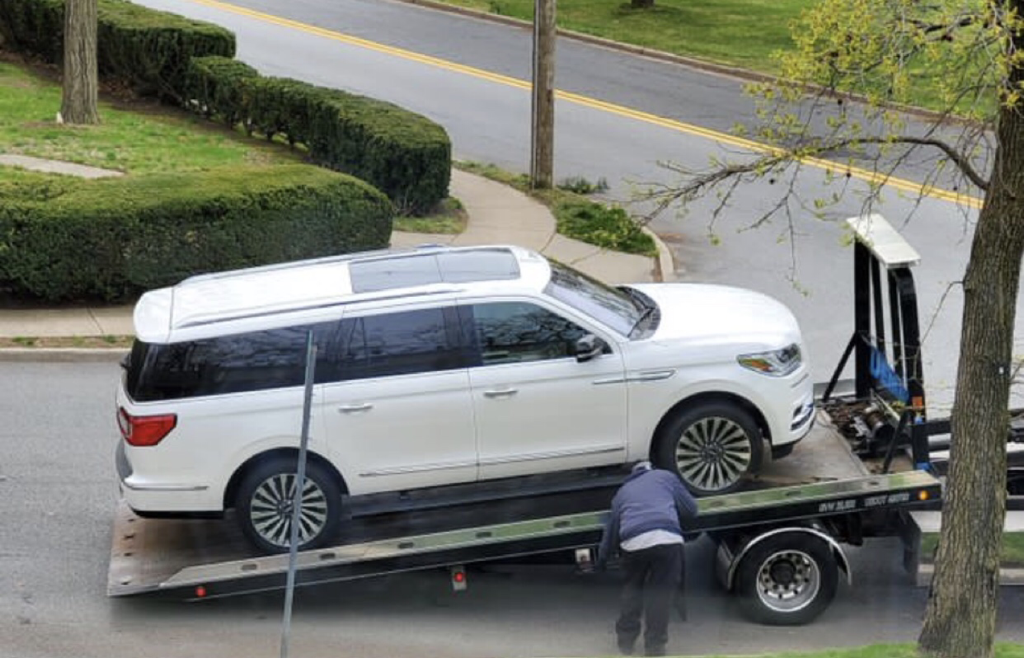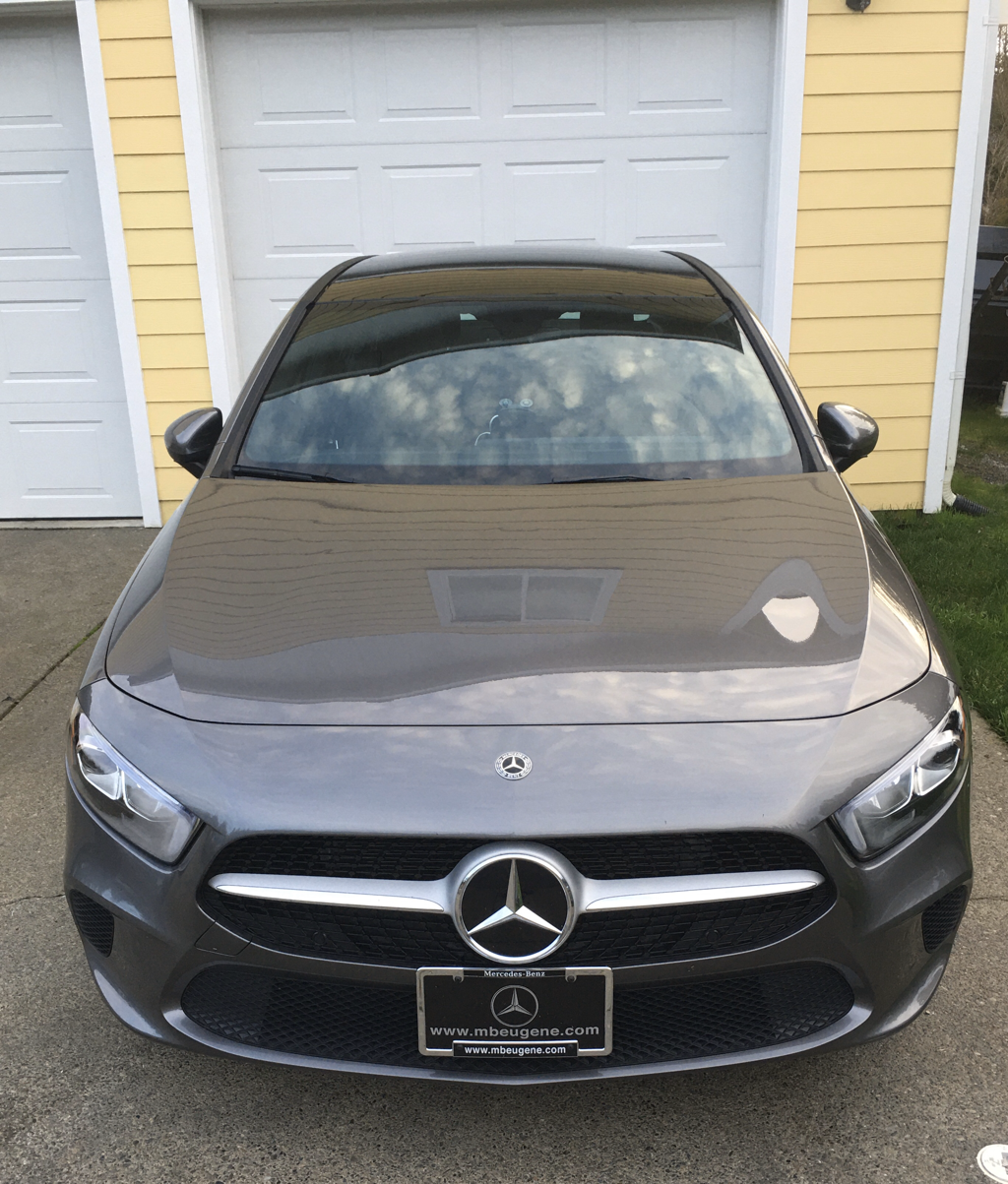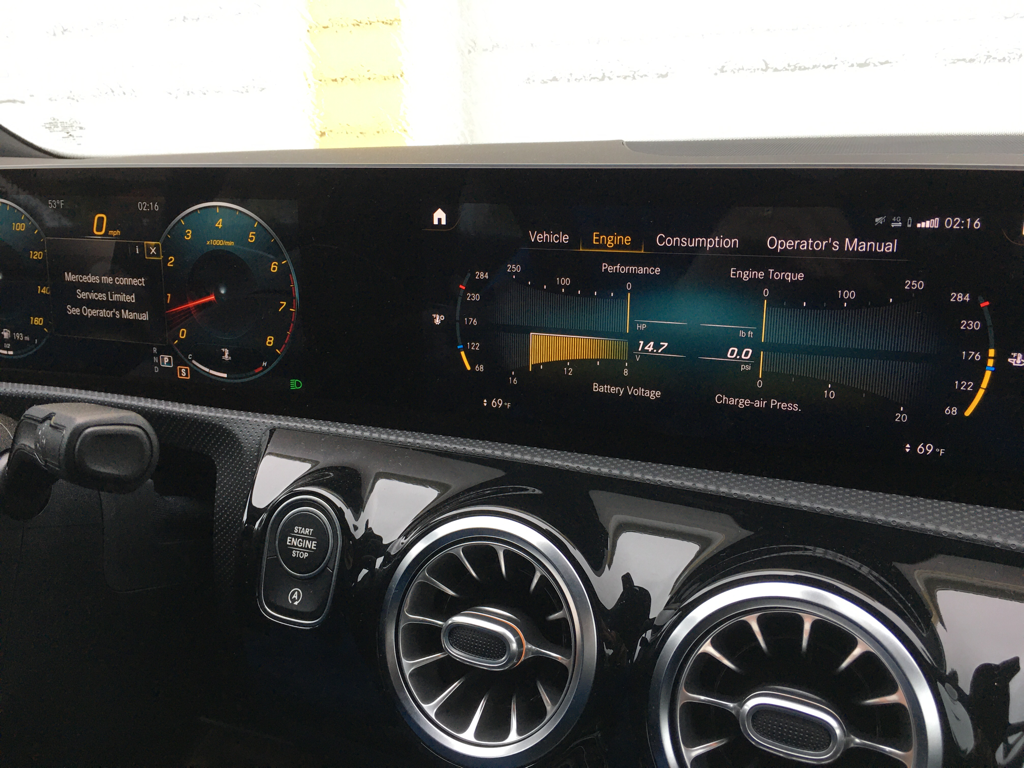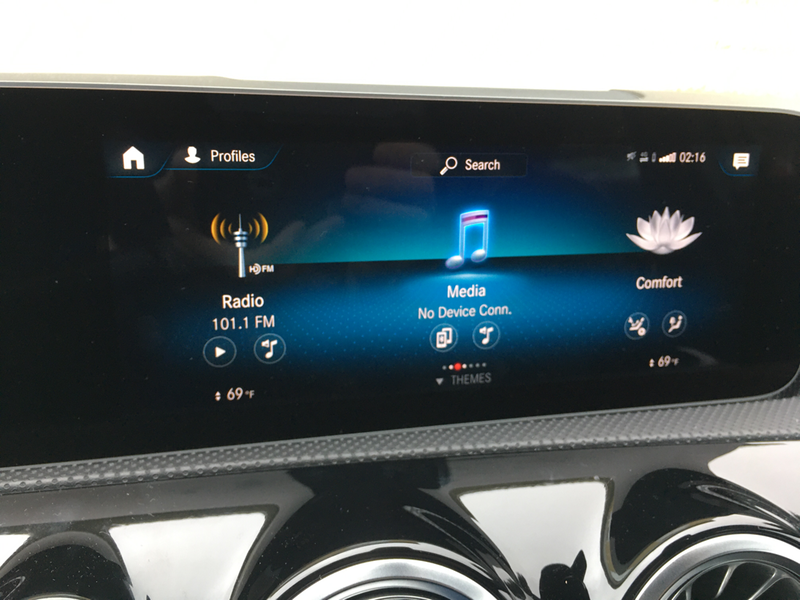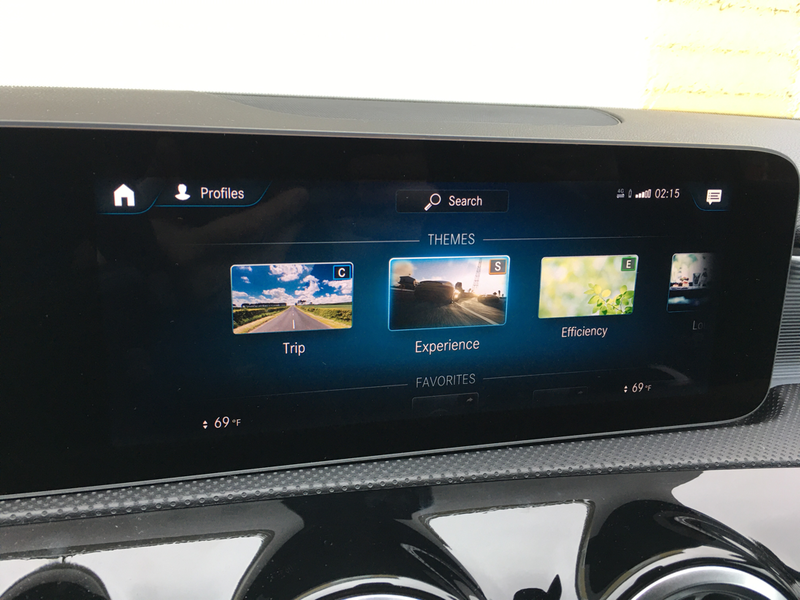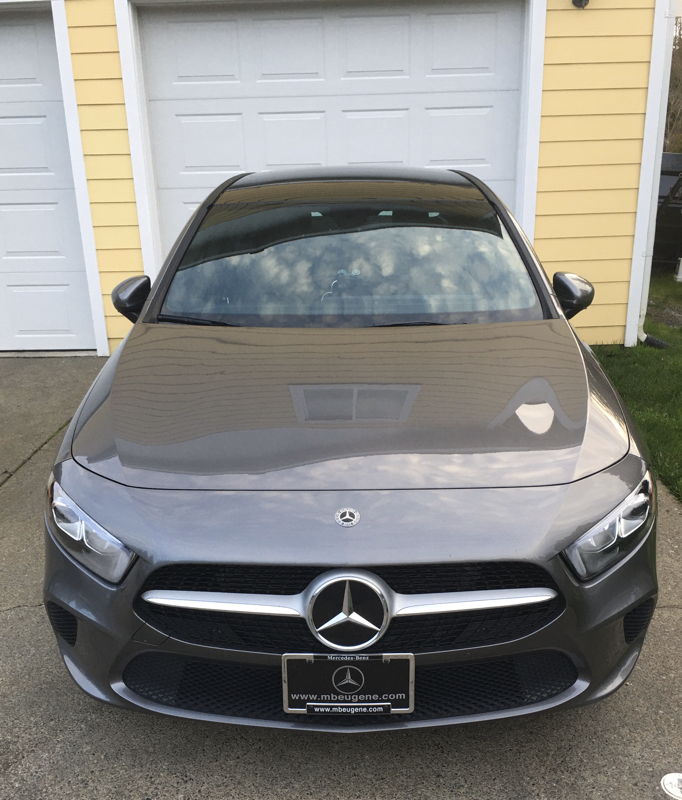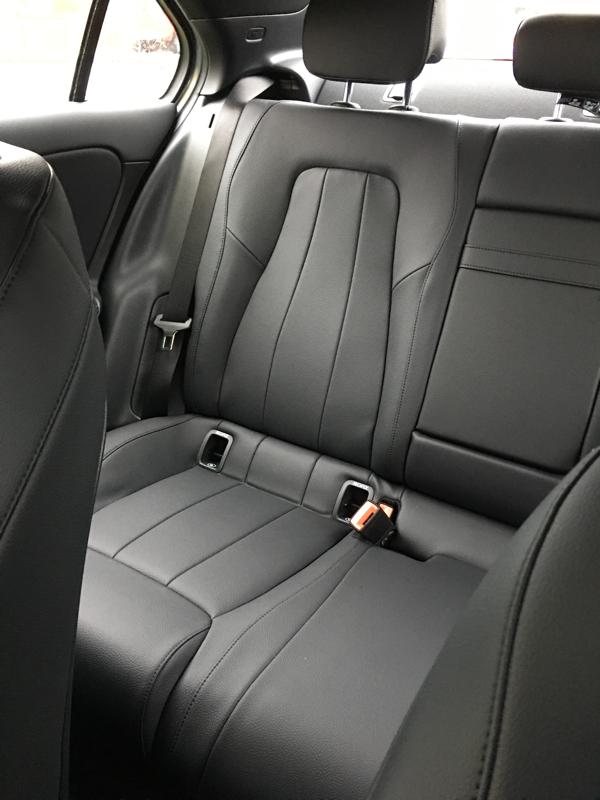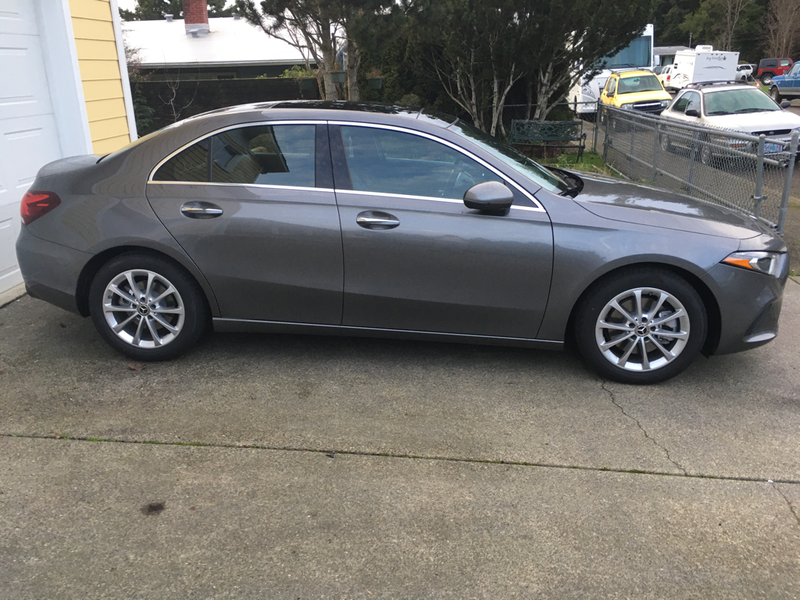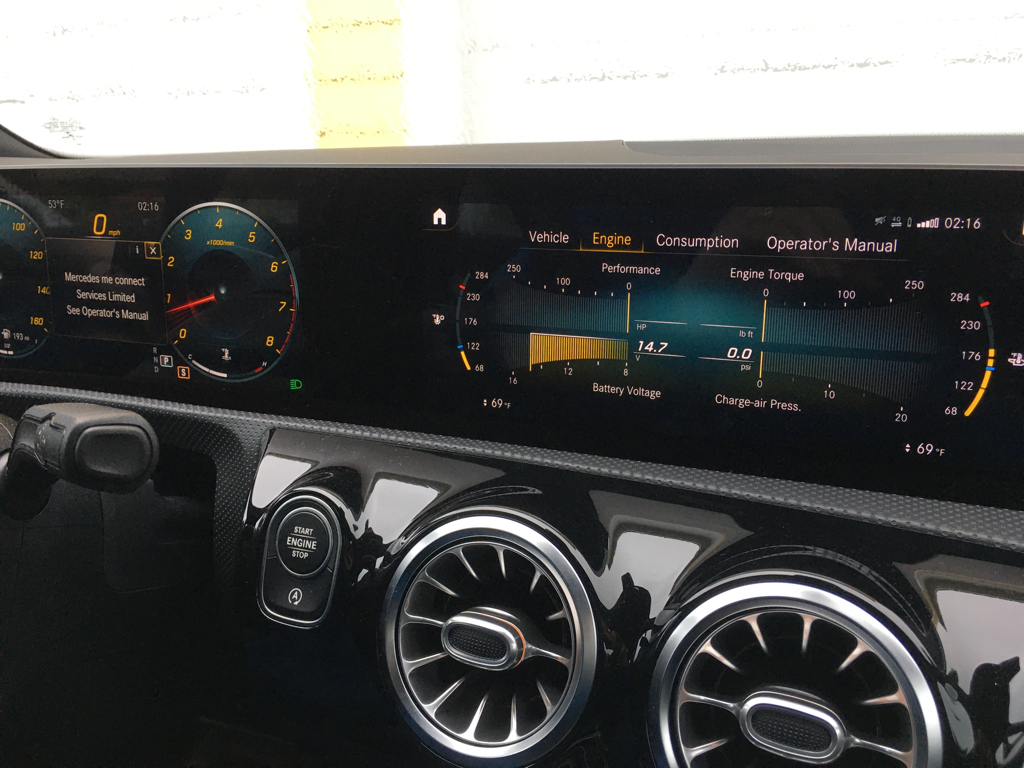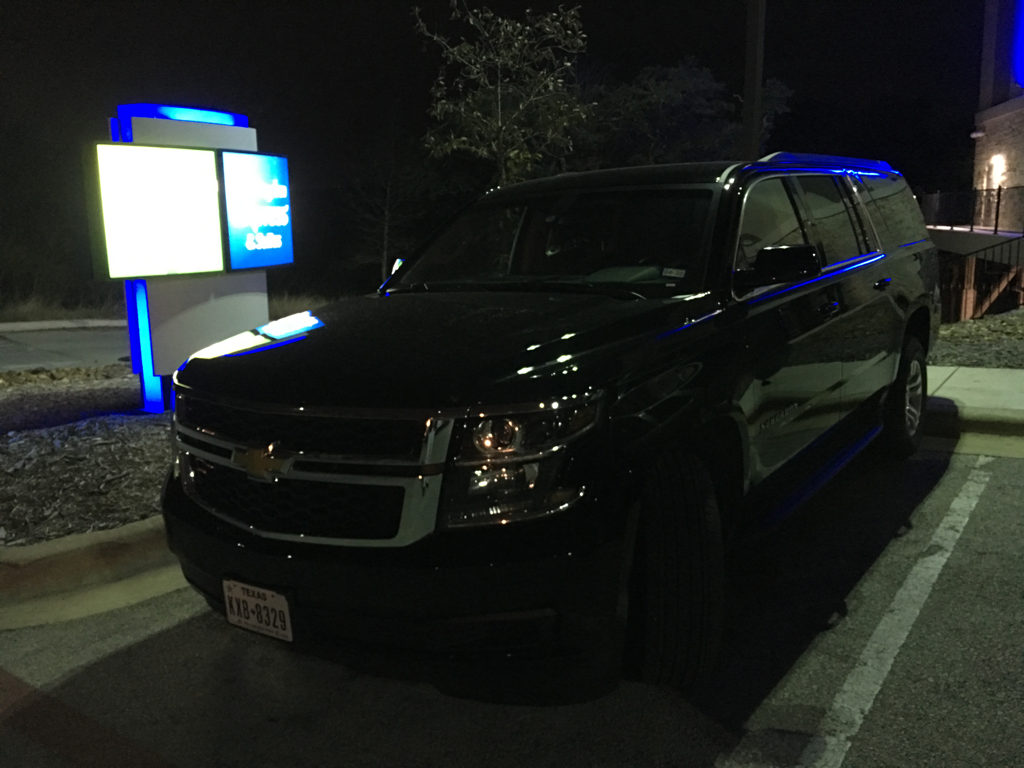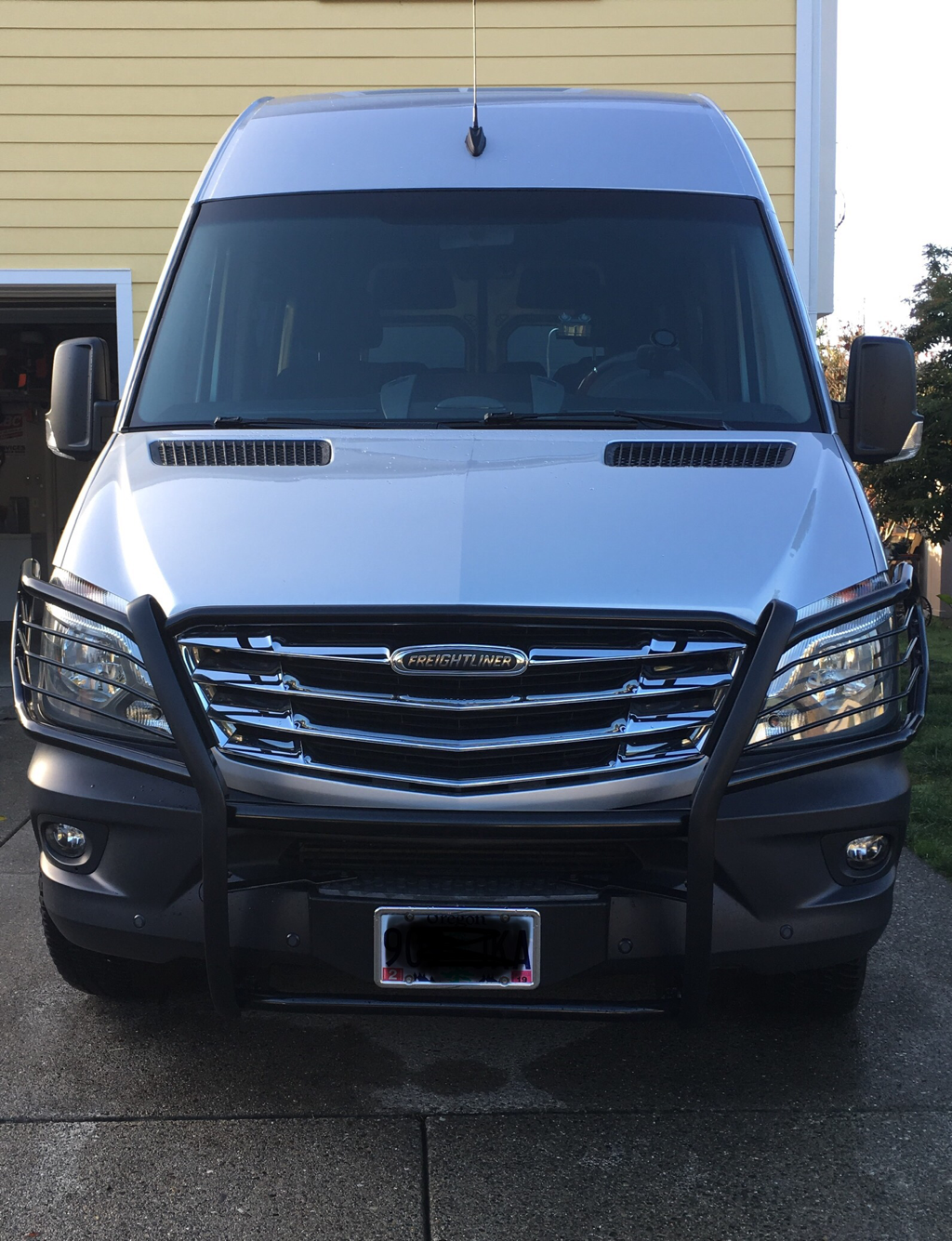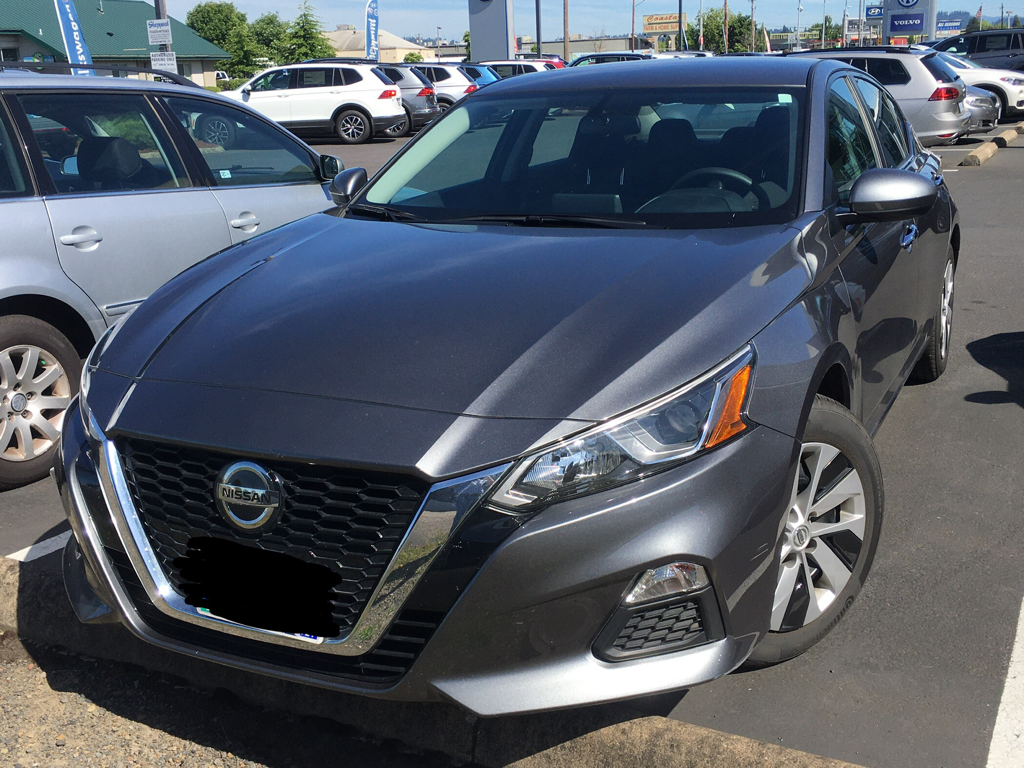Some of you may know that running any normal, non-hybrid car for short trips without giving the car an opportunity to warm up causes water to build up in your exhaust system. You have probably witnessed this when following other cars in traffic, with water actually pouring out of the exhaust pipe. Longer trips will warm up your car to a point that the water will evaporate from the exhaust system. Conversely, continually driving a car on short "cold" trips could result in premature rusting of the exhaust system. If you're a hybrid driver I would argue that your car is more prone to exhaust damage because a hybrid is often run at speeds where the engine isn't started, or the engine is activated and runs for short periods. Hybrid drivers know that their cars batteries are not used on the highway, so there isn't any real fuel efficiency benefit to highway driving with a hybrid, like there is with a diesel or even typical non-hybrid gasoline cars. Therefore, most hybrid drivers who knew what they were doing when they bought their vehicle, did so for city driving.
The solution for this may require longer, faster drives to activate and warm the gas engine to burn off the accumulated water in the exhaust system. I know this can be extra difficult for people who drive a hybrid and live in an area with chronically bad traffic. Stop and go traffic will cause a typical hybrid engine to activate and shut-off before getting warm enough to burn off the moisture in your muffler.
Another consideration is the fuel shelf life in your tank. I've found that gasoline may have as little as a 1 month shelf life, without stabilizers added before it begins its transformation into varnish. I understand that the relatively short shelf life of gasoline can have an added negative impact on your car's health, such as fuel separation and increased corrosion of fuel system parts, if ethanol is blended into the fuel. This can be especially damaging in older cars and small engines. Unfortunately, most gasoline consumers have to deal with the evils of ethanol. The downside of having an efficient gas-sipper means the gasoline will just sit and age longer in the fuel tank and be more susceptible to these costly issues. I guess the fuel savings can then go into the repair fund.
Alternatives to consider: Lease a diesel or straight gasoline vehicle and drive it. Or lease an all electric vehicle if you don't drive very far or often, in mild climes. If you live in a very cold or hot climate skip the electric and hybrid choices, as battery efficiency dips significantly in cold weather, from the effect that cold has on batteries and made worse with the use of heaters. Hot weather will also measurably tighten battery range when the A/C is needed in an all-electric car.

 RSS Feed
RSS Feed

